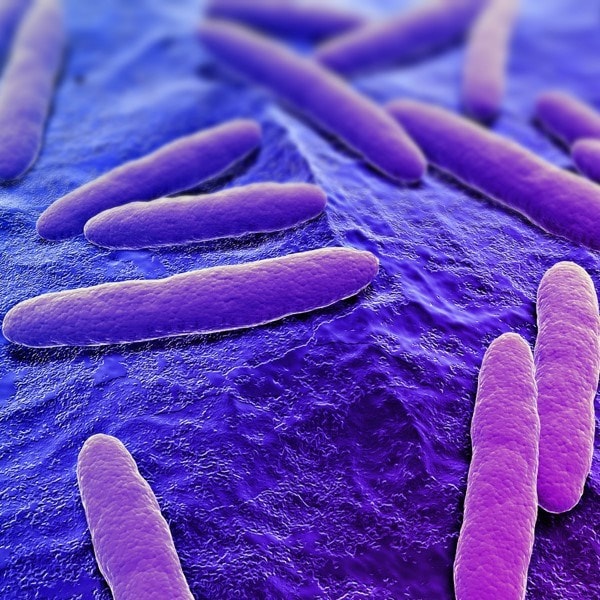Probiotics Against Antibiotic Side Effects
Scientific evidence is growing rapidly behind the use of probiotics as a method of prevention against antibiotic-associated side effects, such as diarrhoea. A new meta-analysis, conducted by the University of Toronto, reviewed 16 separate studies encompassing a total of 3,403 patients undergoing antibiotic treatment. The results showed that patients supplemented with probiotics during antibiotic treatment had a significantly reduced risk of developing antibiotic-associated diarrhoea or C. difficile infection.

These results echo the findings from the highly esteemed Cochrane Collaboration, which reviewed 23 clinical trials and found that probiotics can reduce the risk of antibiotic-associated side effects by 64%. Head over to Learning Lab and read our blog post on taking antibiotics with probiotics.
Lead researcher of the Toronto study, Dr Reena Pattani, explains why probiotics can help during antibiotic treatment:
Antibiotics are non-specific they target both our good and bad bacteria. And some of the good bacteria being killed off protect us from pathogens like C. difficile, a bacterium that can cause symptoms ranging from diarrhoea to life-threatening inflammation of the body."
Currently, 1 in 10 people suffer antibiotic-associated side effects during treatment, of which 15% may develop C. difficile infection. Some European countries already administer probiotics during antibiotic treatment as a preventative measure. Dr Pattani explains why she hopes more physicians should consider this:
Hospitalisation is a key risk factor for acquiring C. difficile infection. Probiotics can help improve the health of individual patients by preventing C. difficile while also reducing the transmission of C. difficile to other, non-infected people in the high-risk inpatient environment. We hope these results will prompt physicians to consider its use.”
Dr Pattani concluded that further research must be conducted to discover exactly which probiotic strains are the most effective in preventing antibiotic-associated side-effects.
References
- Pattani, R., Palda, V. A., Hwang, S. W., & Shah, P. S. (2013). Probiotics for the prevention of antibiotic-associated diarrhea and Clostridium difficile infection among hospitalized patients: systematic review and meta-analysis. Open medicine : a peer-reviewed, independent, open-access journal, 7(2): e56–e67.
